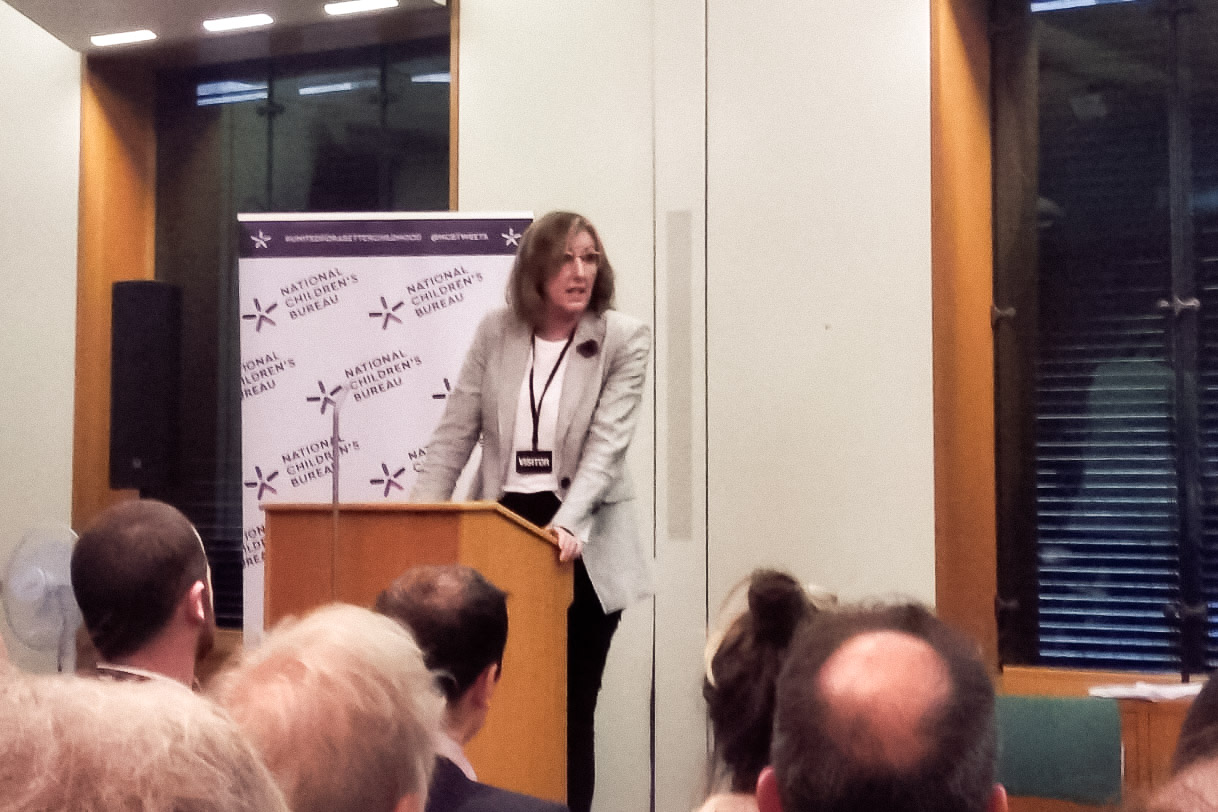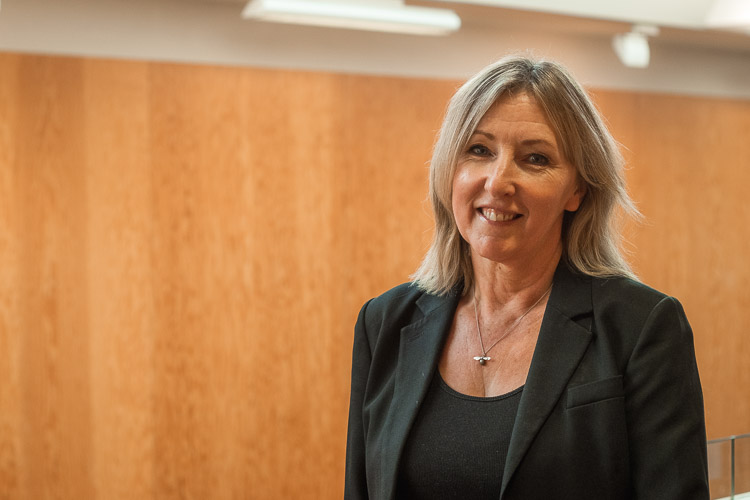Last week, academics in the School of History contributed to a once-in-a-generation opportunity to improve the lives of children in the UK.
Professor Julie Anderson, who leads the ground-breaking Living Assessments Project addressed an audience of policymakers, politicians and academics at an event at the Houses of Parliament organised by the National Children’s Bureau. During her address, Professor Anderson and her team shared some of the project’s eye-opening findings, as well as the testimonies of people with experience of health and living assessments in the UK.
The Living Assessments Project begun in 2021, following the Inquiry by the All Party Parliamentary Group for Children’s Social Care which identified the need for further investigation into children’s social care. The project is an Wellcome Trust collaborative award at the University of Kent, the University of Cambridge and the National Children’s Bureau which examines the experiences and impact of health and social care assessments on children, young people and their families. The project brings together historians, sociologists, non-profit sector workers and policy makers, as well as three groups of Experts by Experience, who also contributed to the event.
The Experts by Experience groups are key contributors to the project, composed of individuals with lived experience of children’s social care in the UK. The groups – care leavers, disabled young people and parents whose children have undergone health and social care assessments – offer invaluable insights and perspectives to the project.
As well as shining light on how project has – and will continue to – contribute to policy, Professor Anderson’s speech highlighted the project’s examination of the association between mental health and child maltreatment, an aspect which was reiterated in the moving testimonies of the Experts by Experience.
“I was honoured to introduce our project and the Experts by Experience, who are fundamental to the Living Assessments research,” Professor Anderson said, reflecting on her address. “This is a once-in-a-generation opportunity to present research findings that may influence policy in the future for children, young people, families and carers.”


